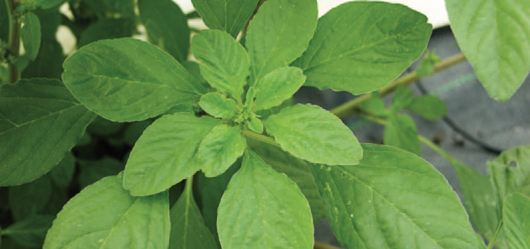Where it is found
It is a native species to the Andean region of South America, including Argentina, Peru and Bolivia. The leaves of the plant are frequently used in countries throughout Africa, the Caribbean, India and China.
How to eat it
Amaranth-Potato-Eggplant
Ingredients: Amaranth leaves - 150g, Irish potatoes - 220g Tomatoes, finely chopped - 270g, Eggplant, cut into halves - 150g, Onions, finely chopped - 70g, Coconut milk - 70g, Salt - 4g
Preparation: Peel the potatoes, cut into halves or more depending on the size. Prepare tomatoes, onions, coconut milk and eggplant. Sort the leaves and wash. In a pot, boil about 1 cup of water; add about 2g of salt and potatoes. Boil potatoes and the eggplants until they are half cooked. Add onions, tomatoes and coconut milk. Simmer while the pot is covered until the tomatoes are soft. Add leaves and the remaining salt. Mix well. Simmer for 5 minutes. Makes 2 servings
Tips to retain and enhance nutrients One serving provides 10 percent of energy, 65 percent of vitamin A, 60 percent of iron and 40 percent of zinc (RDA). Add an adequate amount of tomatoes to provide carotenoids and to enhance the iron availability. Avoid peeling tomatoes and eggplant, as it reduces their nutrient contents.

